Interested in seeing if you or a loved one pre-qualifies for a heart failure clinical trial? Fill out the survey to see if you pre-qualify.

New Possibilities for Heart Failure with Preserved Ejection Fraction (HFpEF): A Potential Clinical Trial Opportunity
If you or a loved one have been diagnosed with Heart Failure with Preserved Ejection Fraction (HFpEF), also known as diastolic heart failure, you are … not alone — and there is reason to be hopeful. HFpEF affects nearly half of all people living with heart failure, especially older adults and those with other conditions like high blood pressure, diabetes, or obesity.1 Unfortunately, it has historically been more difficult to treat than other forms of heart failure, and symptoms like shortness of breath, fatigue, and swelling can persist even with medication.2 In situations such as these, when there are not enough effective treatments, clinical trials play an important role in disease research. Clinical teams are now studying new potential therapies designed specifically for people with HFpEF, including ones targeting the underlying biology of the condition, not just its symptoms.
How Clinical Trials Work
Thank you for your interest in learning more about clinical trials for heart failure! Every day, academic institutions, pharmaceutical developers and private research facilities across the country are diligently working on making scientific breakthroughs in various clinical trials.
Here’s a look at what a clinical trial for HFpEF might involve:
WHO CAN PARTICIPATE?
Here are the qualifications potential participants may need to meet in order to join a clinical research study for heart failure:

- Be between the ages of 40-85
- Have been diagnosed by a doctor with heart failure with preserved ejection fraction (HFpEF)
- Have not been diagnosed with hypertrophic cardiomyopathy, cardiac amyloidosis, Fabry disease, or Noonan syndrome
- Not be pregnant or breastfeeding
Additional criteria apply. Learn more about if you or a loved one may qualify for participation in a clinical trial.
Clinical Trials Make A Difference
Participation in a clinical study provides valuable information to researchers that could eventually lead to additional treatments and to potential advancements in care options. Take our short survey to see if you or a loved one may be a good fit. There is no obligation to participate.
Understanding Heart Failure with Preserved Ejection Fraction (HFpEF)
WHAT IS HFpEF?
The term “heart failure” doesn’t mean that someone’s heart has stopped working. But it may have trouble keeping up with the needs of their body. Heart failure with preserved ejection fraction (HFpEF) is a specific type of heart failure in which the heart muscle is contracting and squeezing as it should, so the heart’s ability to pump is normal, or “preserved.” Ejection fraction refers to the measure of how much blood the heart pumps out with each beat. In HFpEF, the muscle is stiff and can’t relax to fill with enough blood. As a result, less blood (meaning less oxygen and nutrients) is available to be pumped out to the body. Additionally, pressure inside the heart also increases, making sufferers feel short of breath, and push fluid into places it shouldn’t be (for example, the lungs, belly or legs).3
HOW IS IT TREATED?
Receiving a prompt diagnosis of HFpEF is challenging because the condition is marked by observable characteristics that are also attributed to various other medical problems, both cardiac and non-cardiac.4 There are currently no approved disease-modifying medications with proven benefit for HFpEF. The condition is primarily managed through lifestyle modifications, addressing underlying conditions, and managing symptoms. Measures like limiting fluid and sodium intake, losing weight, increased physical activity, and stopping smoking can be done. Additionally, addressing any coronary blockages, controlling blood sugar levels, implanting medical devices or taking certain approved medications for fluid retention or blood pressure management may be prescribed by a doctor for patients with HFpEF.5 Patients may consider clinical trials to help facilitate advances in treatment.
HOPE FOR THE FUTURE
Research teams across the country are studying new ways to treat heart failure. Clinical trials play a key role in evaluating the safety and effectiveness of these potential treatments, and in helping to bring them to patients who need them. Volunteers also play a part in that research effort through their participation, and contribute to advancing investigational treatment options that may one day help people who need them.
Heart failure is a long-lasting disease that affects approximately 64 million people worldwide.6
FREQUENTLY ASKED QUESTIONS
How is heart failure with preserved ejection fraction (HFpEF) different from other forms of heart failure?
Some patients have heart failure with reduced ejection fraction (HFrEF). This condition is marked by decreased contractility, or the strength of the heart’s ability to squeeze to pump blood forward. In contrast, in HFpEF, the heart muscle is stiff, which limits the heart’s ability to fill. Signs of HFpEF may include:7
- Shortness of breath, especially during activity or when lying down
- Fatigue
- Swelling of the legs or abdomen
- Chest discomfort
- Rapid or irregular heartbeat
- Coughing
Who may be a good candidate to consider participating in a heart failure with preserved ejection fraction (HFpEF) clinical trial?
You may consider a heart failure study if you or a loved one:
- Are between the ages of 40-85
- Have been diagnosed by a doctor with heart failure with preserved ejection fraction (HFpEF)
- Have not been diagnosed with hypertrophic cardiomyopathy, cardiac amyloidosis, Fabry disease, or Noonan syndrome
- Not be pregnant or breastfeeding
Additional qualification criteria apply. Study team will determine eligibility.
What will happen during a heart failure clinical trial?
Most clinical trials will involve screening to confirm that a potential patient is, in fact, a match for that study’s criteria. Once verified and the patient has signed an Informed Consent Form, which clearly provides the details and purpose of the study to that individual and what it involves, participants can expect to attend scheduled appointments at a study clinician’s site. They may also receive a study drug (also called an investigational medication) or potentially a placebo (which contains no active medication) and undergo additional screening and follow-up monitoring.
Are there any costs to participate in a clinical research study?
There is no cost to participate in a clinical trial. Participants receive all study-related medical care and medications for the duration of the study at no cost. Likewise in many instances, patients may also receive reimbursement for study-related travel.
Are there any risks to participating?
As all drugs and medical procedures carry a risk of side effects, the possibility that participants may experience some discomfort or other reactions during or after a clinical trial does exist. The study staff for that trial should explain these potential risks before participants decide whether to participate, and help address any concerns.
See If You Pre-Qualify
Still Have Questions?
Contact us anytime at help@clinicalenrollment.com.
- Source: Borlaug BA, Redfield MM. (2011). Diastolic and systolic heart failure are distinct phenotypes within the heart failure spectrum. Circulation, 123(18), 2006–2013.
- Source: Dunlay SM, Roger VL, Redfield MM. (2017). Epidemiology of heart failure with preserved ejection fraction. Nature Reviews Cardiology, 14(10), 591–602.
- Source: https://www.cardiosmart.org/docs/default-source/assets/action-plan/hfpef-action-plan.pdf?sfvrsn=4741b470_3
- Source: https://www.cfrjournal.com/articles/therapy-and-management-heart-failure-preserved-ejection-fraction-new-insights-treatment?language_content_entity=en
- Source: https://www.ncbi.nlm.nih.gov/books/NBK599960/#:~:text=Treatment%20/%20Management&text=The%20goals%20of%20therapy%20for,a%20cornerstone%20of%20therapeutic%20intervention.
- Source: Chris J Kapelios , Bahira Shahim, Lars H Lund, Gianluigi Savarese , Epidemiology, Clinical Characteristics and Cause-specific Outcomes in Heart Failure with Preserved Ejection Fraction, Cardiac Failure Review 2023;9:e14.
- Source: https://my.clevelandclinic.org/health/diseases/22950-diastolic-heart-failure

